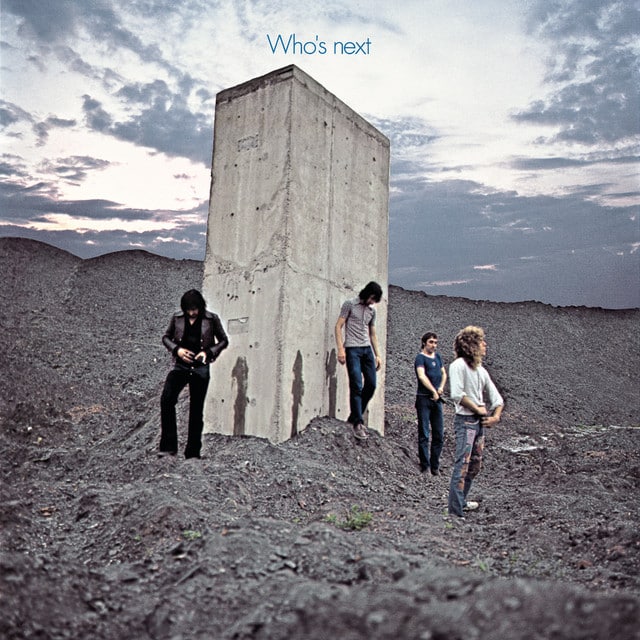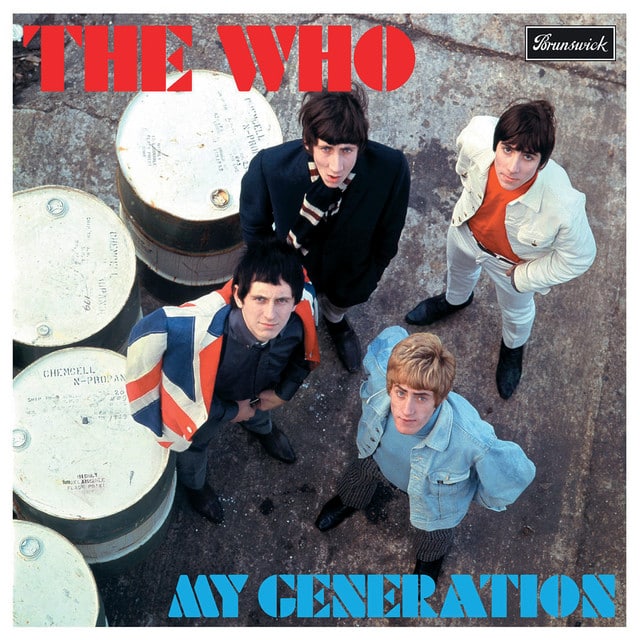Released: 1971
“Behind Blue Eyes” by The Who is more than just a rock anthem; it’s a profound exploration of loneliness, isolation, and the human condition. Disguised in the band’s trademark powerhouse instrumentals and Roger Daltrey’s soul-gripping vocals, the lyrics dive deep into the psyche of a misunderstood individual grappling with inner turmoil and societal judgment. The song stands as a masterclass in using music to navigate the complexities of emotional despair and the search for empathy.
The opening lines, “No one knows what it’s like to be the bad man, to be the sad man, behind blue eyes,” immediately establish the song’s central theme: the internal struggle and loneliness of someone perceived as “the bad man”. This character embarks on a journey of self-reflection, acknowledging the weight of hatred and the destiny of deception that befalls them. The use of “blue eyes” symbolically represents the common assumption of innocence and goodness often associated with this eye color, contrasting sharply with the narrator’s confessions of lies and vengeance. This juxtaposition sets the stage for a deeper exploration of the misunderstood and complex nature of our protagonist.
The chorus, “But my dreams, they aren’t as empty, as my conscience seems to be” expresses a glimmer of hope, a reminder of the protagonist’s humanity and the depth of their internal world, contradicting the outer perception of moral emptiness. The mention of “hours, only lonely” amplifies the isolation, while “my love is vengeance that’s never free” reveals a twisted form of love shaped by relentless bitterness, emphasizing the cyclical trap of anger and retaliation faced by the narrator.
The verse “When my fist clenches, crack it open before I use it and lose my cool” moves the narrative forward, illustrating the protagonist’s struggle with their aggressive impulses. This self-awareness and the plea for intervention—”Put your finger down my throat, and if I shiver, please give me a blanket”—highlight a desperate yearning for care and a safe space, seeking to counteract the destructive tendencies with warmth and connection. It’s a raw depiction of vulnerability and the need for external support to navigate through one’s darker instincts.
In the concluding repetition of the song’s opening lines, the cycle of the protagonist’s battle with himself and societal perception closes, but with a nuanced difference. After the journey through the lyrics, these lines now resonate with a deeper understanding of the pain and complexity hidden “behind blue eyes”. It’s not just about the sadness and badness anymore; it’s about recognizing the human depth and the silent pleas for understanding and empathy hidden within.
“Behind Blue Eyes” is more than a poignant ballad; it’s a subtle, yet powerful, commentary on the internal battles waged behind facades, the quickness of society to judge the “bad man”, and the complex layers of emotion and turmoil lurking within. The Who masterfully crafts not just a song, but a narrative experience that pulls at the heartstrings while invoking a profound empathy and self-reflection.






